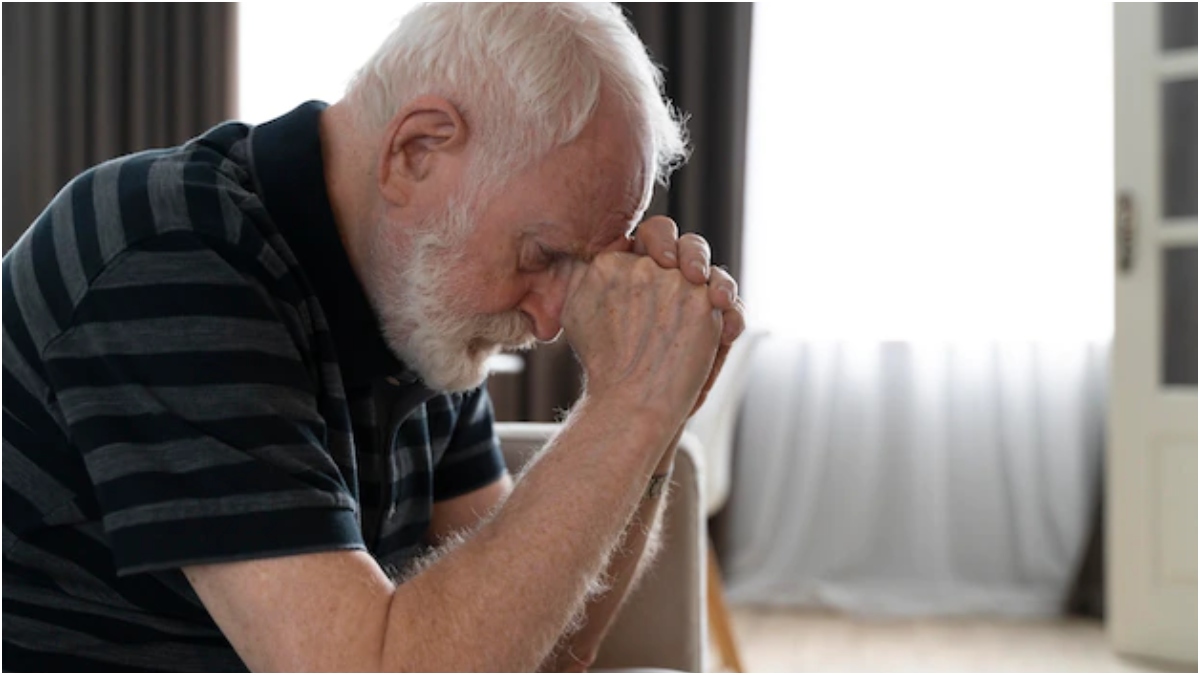In a world first, UK doctors have implanted a device into a brain to reverse the symptoms of Parkinson's disease. Surgeons at Southmead Hospital in Bristol used a tiny deep brain stimulation (DBS) device to override abnormal brain-cell firing patterns caused by Parkinson's, BBC reported.
Tony Howells, the first person to receive the treatment as part of a trial, said the impact was "amazing".
Twenty-five patients have been selected for the trial that concludes next year.
Read: Signs and symptoms that indicate onset of Parkinson's disease and should NOT be overlooked
"Before the operation I went for a walk on Boxing Day with my wife and I got 182 metres from the actual car. I had to turn around and go back because I just couldn't walk," Howells, who had the operation in 2019, was quoted as saying.
"Then after the operation, which was 12 months later, I went on Boxing Day again and we went for 4km and we could've gone further. It was amazing," he added.
Read: Falling sick frequently? Follow THESE 5 tips for better health
Currently there is no cure for Parkinson's disease, which leads to parts of the brain becoming progressively damaged over years. Symptoms include involuntary shaking of parts of the body, slow movement, and stiff and inflexible muscles.
The new DBS system is the smallest ever created. It consists of a tiny battery system for the device, which then delivers electrical impulses directly to targeted areas of the brain, the report said.
To do so, electric probes are put through the skull and deep into the centre of the brain, into the subthalamic nuclei.
It takes just three hours to carry out the new operation, about half the time it used to with the larger battery.
"You can't understand how frustrating (Parkinson's) is until it happens to you," Howells said.
"Just doing your shoelaces up is a major operation... it affects your everyday life no end."
According to Southmead Hospital neurologist Dr Alan Whone, the system may be more helpful in youngsters than elderly, the report said.
"If you're more elderly, or if you've got memory problems as part of your Parkinson's, this wouldn't be suitable for you.
"But if you're a younger person with Parkinson's, who can have brain surgery and so on, then it becomes much more applicable to that group," he added.
If the treatment is approved by the medical regulator then it could double the number of people who could benefit from it.

